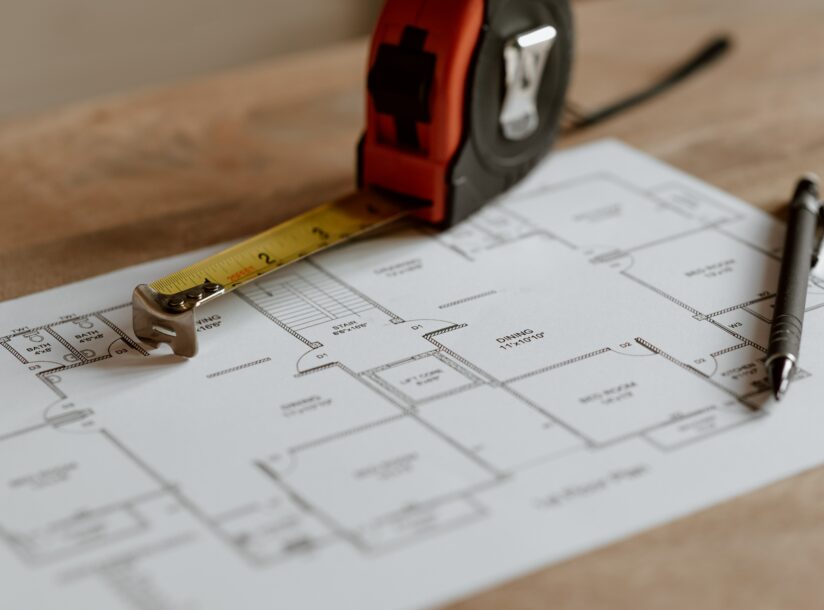Valuation Insights for Family Lawyers (Part 3): Why Small Business Valuations Matter in Divorce

Key Takeaways
- Small businesses are significant marital assets that require formal valuation in divorce proceedings.
- Common myths such as “the business has no value without me” or “it’s just a side hustle” often lead to unfair settlements.
- Professional business valuations provide accurate asset division, equitable distribution, and legal protection.
- Courts emphasize the need for formal valuations to avoid prolonged litigation and added costs.
- Engaging a Chartered Business Valuator ensures fair outcomes and reduces future disputes.
Common Myth: Small Businesses Don’t Need a Business Valuation in Divorce
In the realm of family law, it’s a common misconception that small businesses are too insignificant to warrant a formal valuation during divorce proceedings. However, this belief can lead to inequitable asset divisions and overlooked financial complexities. Regardless of size, a business often represents a significant marital asset, and its proper valuation is crucial for fair and informed settlements.
Understanding the Importance of Valuing Small Businesses
Small businesses, including sole proprietorships and family-run enterprises, can hold substantial value beyond their physical assets. Factors such as goodwill, customer relationships, and future earning potential contribute to the overall worth of the business. Neglecting to assess these elements can result in one spouse receiving an unfair share of the marital estate.
Common Misconceptions and Their Implications
- “The Business Has No Value Without Me”:
Owners may believe their personal involvement is the sole source of the business’s value. While personal goodwill is a consideration, the enterprise may still possess transferable value that should be accounted for in asset division. - “It’s Just a Side Hustle”:
Even part-time ventures can accumulate value over time. Ignoring these assets can lead to disputes and claims of hidden income or assets during divorce proceedings. - “We Can Estimate Its Worth Ourselves”:
Without professional expertise, spouses may undervalue or overvalue the business, leading to imbalanced settlements and potential legal challenges.
Benefits of Professional Business Valuation
- Accurate Asset Division: A formal valuation ensures all business assets are identified and fairly divided.
- Informed Decision-Making: Understanding the true value of the business allows for more equitable negotiations and settlements.
- Avoiding Future Disputes: A professional valuation provides documentation that can prevent future disagreements over asset distribution.
Case Insight: The Role of Valuation in Equitable Distribution
In a notable case, the court emphasized the necessity of a professional business valuation to achieve equitable distribution. The absence of a formal valuation led to prolonged litigation and increased costs for both parties. This underscores the importance of engaging valuation experts early in the divorce process to facilitate fair and efficient resolutions.
Conclusion
Dispelling the myth that small businesses don’t require valuation in divorce is essential for equitable asset division. Engaging a qualified business valuation professional ensures that all aspects of the business are accurately assessed, leading to fairer outcomes and reduced conflict.
If you have any questions about valuing a small business, please contact one of our Chartered Business Valuators.




